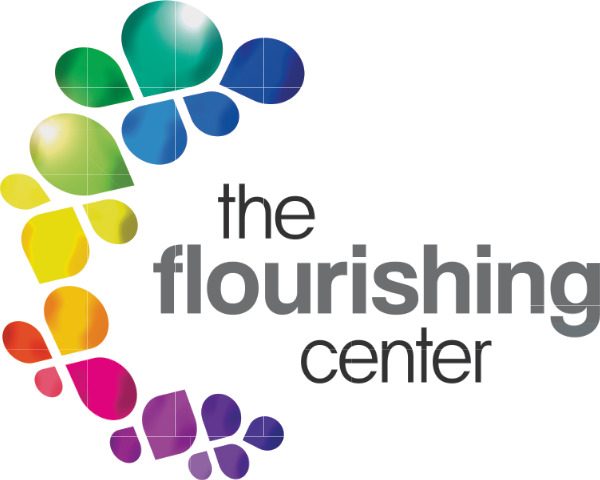Education:
- B.A. – Washington University in St. Louis
- M.A. in Counseling and Personnel Services – University of Maryland, College Park
- MAPP – University of Pennsylvania
- Certifications:
- Gallup-Certified Strength Coach
- Certified Fierce Conversations Facilitator
- ESCI 360 Instrument, The Hay Group
- Triple Impact Practitioners Program, Center for Human Systems
- Appreciative Inquiry Facilitator Training
- Polarity Management Foundations Course
Location: Silver Springs,MD
Teaches: CAPP Online Evening
Professional Experience:
Katie works as an Organizational Development Consultant, Coach, and Trainer at the University of Maryland’s Center for Leadership and Organizational Change, and also through her private business, The Phoenix Nest. In addition to teaching 4 cohorts of the CAPP program in Washington DC, she has also worked in the past as an Assistant Instructor in the MAPP program at the University of Pennsylvania.
My Story:
I believe that individuals, groups, and entire systems do better when people genuinely feel like they matter; that who they are and what they contribute to the world around them (however big or small) is seen, valued, and appreciated.
As a grade-A worrier, and as someone who cares deeply about creating a more just, inclusive, and equitable world, I’m struck every day by examples of broken systems and teams, of people not being treated like they matter. I embrace the importance of asking critical questions about dysfunctional systems and structures so that we can identify where we need to grow and put our energy. AND, so much of what we do as humans seems to be focused on a purely deficit-based approach, focusing only on what’s wrong and getting stuck there. When I discovered positive psychology through a training course in Appreciative Inquiry years ago, I discovered the power of learning more about assets and strengths and finding ways to build on them, and how that can create actual movement and propel people towards more viable solutions. I knew I had found the right approach for me – to work and life. I am passionate about creating a more just world by helping people, groups, and organizations treat one another like human beings – like they matter.
My past experience includes a stint as an Americorps volunteer, working in the non-profit sector running the volunteer program at Chicago’s Food Bank and years at the University of Maryland working in Student Affairs, During my early years at the University of Maryland, I taught leadership classes, oversaw several large tutoring programs that place college students in local elementary schools, and trained undergraduate students in becoming change agents. What I enjoyed most about all of this work was my contact with people and groups, which was the springboard for me into a greater focus on training and consulting work later on.
Words of Wisdom:
“It is a serious thing just to be alive on this fresh morning in this broken world.”
-Mary Oliver
Morning Ritual:
I’m usually woken either softly and sweetly by one of my kids crawling into bed for a morning cuddle or more loudly and jarringly by the kids shouting about something down the hall. Either way, my early mornings are then full of dog and kid-wrangling – feeding, lunch-making, supply-gathering, and ensuring everyone is launched into their days with appropriate clothes on . In the midst of this morning bustle, I try to spare a moment for a quick stretch and glass of water. Once everyone is out the door, I savor my ritual morning cup of coffee before I start my work.
A Little Known Fact About Me…
I am an avid gardener, and spend lots of time in the spring, summer, and fall months tending to our little yard “farm.”
What Students Are Saying:
“With an impressive depth of knowledge, authentic warmth and versatile teaching style, Katie has an amazing ability to balance information and inspiration! My CAPP cohort was incredibly diverse, yet Katie has this knack for adapting what we were learning to our individual needs and never missed a beat with the range of questions. We were all in awe of not only Katie’s command of the field of positive psychology but her genuine excitement for teaching and learning alongside with us. She brings boundless energy and ideas, and instilled such confidence in each of us throughout the CAPP course.”
– Denise Riebman
“The CAPP program at the Flourishing Center is absolutely AMAZING!!! I had been introduced to the concepts of positive psychology in the Army through our Resiliency Program and wanted to learn more about it, so when I found CAPP I was ecstatic! The CAPP program built upon my learning even more: explaining the research/science behind this emerging field, offering tools to put me on my own pathway towards flourishing, and connecting me to a vibrant community of positive, like-minded people. My instructor, Katie Conlon, was top notch- she was engaging, knowledgeable, and a true living example of positive psychology embodied. Katie explained concepts simply, provided her practical experience to make them more concrete, and modeled the tools in a way we could easily emulate. Taking CAPP, has been the single best educational decision I’ve made. I highly encourage anyone who is interested in positive psychology to enroll in the CAPP program immediately! You’ll be inspired, maybe even enough to write a book!”
– LTC Theresa Bodnar, Army Officer
Author of GetUPP! Understanding Positive Psychology
“Katie has the wonderful ability to not only instruct but also to inspire and lead. She encourages dialogue in her CAPP classes and is an excellent facilitator, drawing out the best in each of her students. Katie is gifted in her ability to convey complex material in a clear, concise, and useable form. Taking the CAPP program, with Katie as my instructor, was one of the best investments I have made both personally and professionally and I would highly recommend this program for anyone interested in positive” psychology.
– Susan Beckman Reagan
